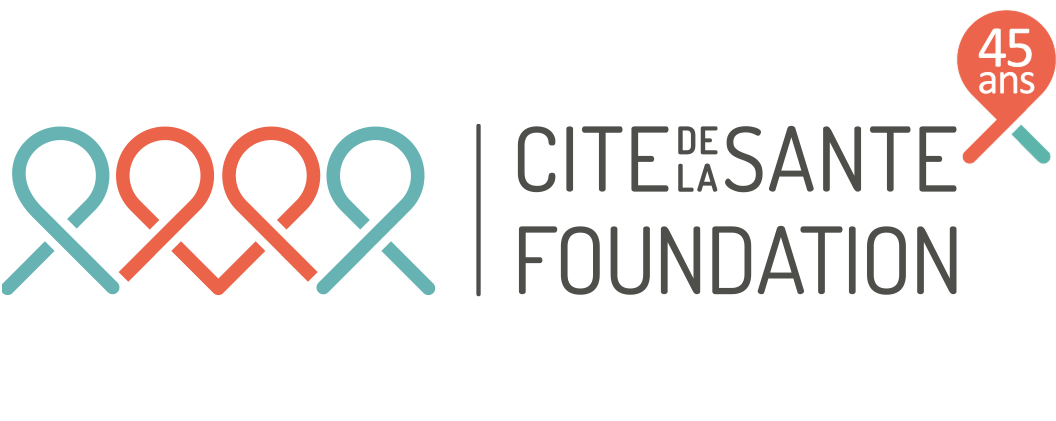"In the spring of 2020, our lives were turned upside down. It wasn't long before the situation deteriorated in our CHSLDs. Despite the fear and challenges, you were PRESENT. You held the hands of our elders, soothed them, cared for them, fed them and, at times, accompanied them in death. THANK YOU for this great benevolence, for your dedication and your presence."
This text appears on the medallion given to the nursing staff, an emblem of the courage and resilience they demonstrated during the COVID-19 pandemic.
When the pandemic struck, healthcare workers, though affected, held the fort. But how did they look after themselves when the world turned upside down? How can you preserve and heal yourself when you've dedicated your life to caring for others? To heal their wounds and soothe their traumas, they chose to express themselves through art.
Intensivist Dr. Joseph Dahine decided to bring these poetic and artistic works together in a collective work to be purchased in aid of the Foundation.
This book is the fruit of their distress and their inability to help patients.
Between words and images, discover the Art-Therapy of the caring body. Proceeds from the book will support the Foundation's mission.
P.S. By purchasing this book, you are also making a donation to the Cité de la Santé Foundation. Profits will be dedicated to improving patient care and pro-active initiatives.
We really don't want the price to be a barrier to your access to this book. That's why the cost of downloading a digital copy of this book is left to your discretion. And if you can afford it, please support our Foundation!
Together, let's be deeply human!
Find out more about Dr. Joseph Dahine
Dr. Joseph Dahine is a specialist in adult critical care at Hôpital Cité-de-la-Santé in Laval, Quebec. He is an assistant clinical professor at the Université de Montréal. He also holds a Master's degree in Health Services Administration (École de santé publique de l'Université de Montréal) and a Fellowship in Clinical Leadership (NHS Lothian, Health Improvement Scotland). He is passionate about healthcare systems and how to improve them, particularly through popularization in traditional and social media.
Here's his message:My job is to save lives. But I've never felt I've had such an impact on people's lives as I did during COVID-19, when I came up with the idea for the medallion.
I was overwhelmed by testimonials from caregivers who were moved to feel a sense of recognition after their sacrifices. They feared they'd been forgotten. That's when I realized that there were pandemic wounds still open.
And the idea came up to offer a forum, a valve, for these people to express themselves on their experiences as healthcare workers.
The crisis in hospitals, CHSLDs and living environments caused by COVID-19 was unprecedented. There are as many stories related to the pandemic as there are individuals who experienced it. And each of these stories deserves to be told.
Spontaneously, art has emerged as the common language of all these individuals, with their different professions but a common goal: to heal.
There are wounds that will never completely heal, but many of us have chosen art to heal them, to heal ourselves.
If you buy this book, I bet you'll be moved by these stories. This collective was born in Laval, but it tells a universal story. Some readers may recognize themselves, even outside the healthcare network. I think this book will close an important chapter for many people.



